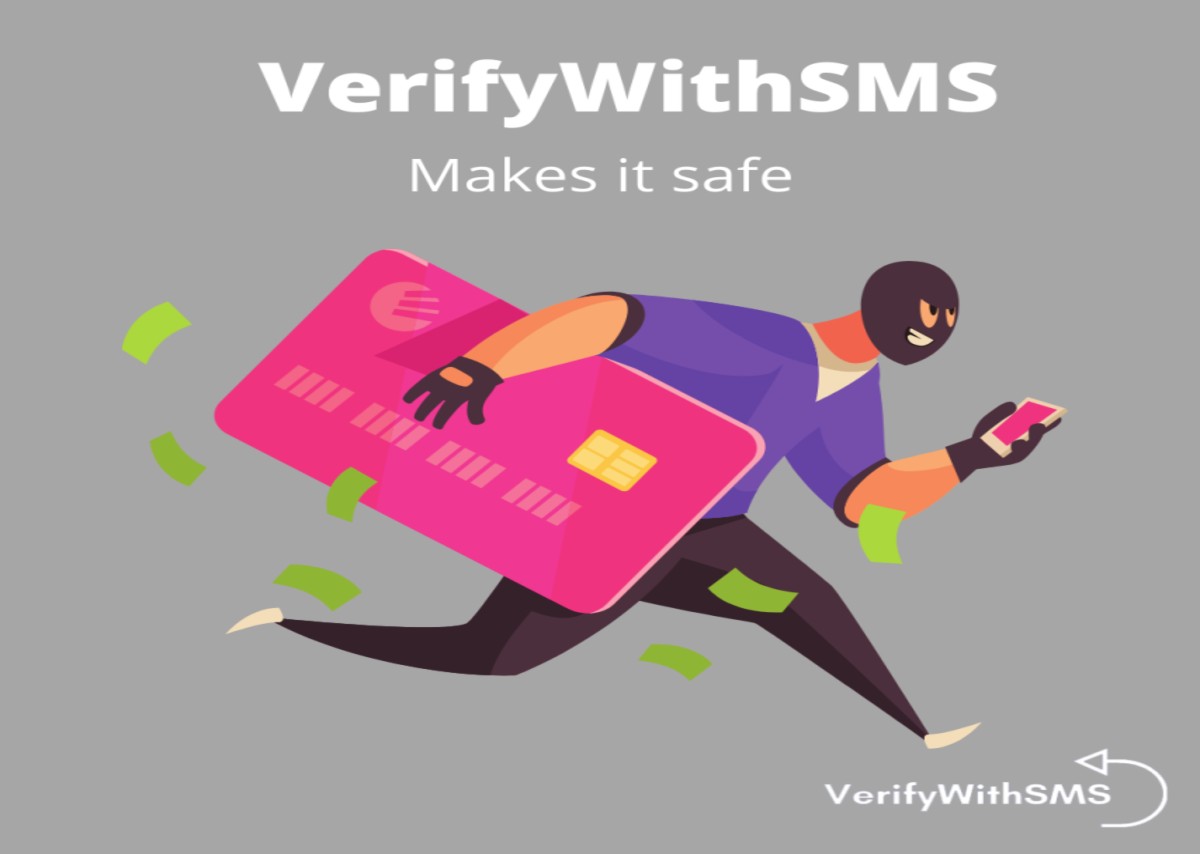The digital era has brought a lot of benefits and advantages to our lives, making it easier to live every day. But sometimes an email, a phone call or an SMS can be very damaging to a person or a business. Cyber-criminals usually employ these channels to commit fraudulent actions; hence, it is fundamental to know everything about these scams so possible victims can protect themselves.
What is Phishing?
Phishing attacks are extremely harmful and dangerous. This is a scam technique that employs social engineering and technical trickeries to obtain private and important information. This is achieved by sending an email to people and businesses pretending to be a trustworthy entity in order to steal their money and information. In this sense, anyone can be considered a victim if the person is not aware of how this type of scam works.
Phishing has been around for some time, in fact, since the early days of the Internet. However, this does not mean that the fraud has remained a stable form. In fact, as the way of communication changes and evolves, scammers reinvent themselves and find new ways and channels with which to commit fraud, so this is the reason why there are different types of phishing. In a nutshell, phishing is achieved through email, while vishing and smishing occur through calls and SMS, respectively. Let’s dive deeper into knowing what vishing is.
Vishing 101
The term vishing comes from the union of the words “voice” and “phishing”. This is a common practice so it is important to know what they are, how to identify them and how to stay safe. Roughly, the main difference between phishing and vishing is that the latter occurs through an Internet telephone service like Voice Over Internet Protocol (VoIP). This is a service that works with an Internet connection that allows their users to have a virtual number and do all the things they would normally do with a conventional phone number.
Once again, this type of fraud is a form of social engineering where the criminals use human interaction to make the victim share their personal and private information about a person, organization, business or computer systems by emotionally manipulating their victim. The goal is to steal someone’s identity, sensitive information, money, or all of them.
Vishing has gained a lot of notoriety over the past years. Indeed, according to the FBI, the popularity of this scam form has increased during the pandemic, since the lockdown has forced people to work from home. This new situation makes them more vulnerable to attacks since the security measures are more lax and weak and people are usually off guard. Vishing became such an important issue that in mid-2020, the Cybersecurity and Infrastructure Security Agency (CISA), along with the FBI released a warning about the increase in vishing cases.
How do vishing attacks work?
Scammers use high-tech methods to perpetuate their crimes with tools such as automated voice simulation so they can impersonate a business or a person, create fake caller ID profiles to make the call seem to be from a reputable source and even use VoIP technology to make a high number of phone calls at the same time.
This fraud is committed when criminals contact a victim, so there could be two scenarios: the scammers are on the other side of the call or they may just leave a voicemail from a phone number that looks authentic. Once they contact their target, they will pretend to be a tech support, or someone the victim knows such as an employee from a bank or even a governmental organization like the IRS or the Social Security Office, and then ask for personal and sensitive information or a payment of some sort.
It is important to remember that vishing is becoming more sophisticated every time with the evolution of artificial intelligence and deep fake technology. Now they are capable of imitating the voice of anyone the victim could know like a boss or a close relative. These are some of the reasons why vishing is a very difficult crime to recognize.
How to spot a vishing fraud?
Generally, there are some signs that help to recognize an attack although they can come in many forms: so knowing the most popular forms would be a good start to be safer. These attacks are designed and executed to play with the victim’s emotions, so they will try to generate fear, surprise, excessive joy or anything that could produce in the targeted person a sense of urgency to act.
One of the tricks mostly used by criminals is pretending to be someone the victim directly knows like a coworker, an employee from their children’s school or a relative, in such a way that their prey will not think twice before giving whatever they are asking for. In other cases, the main pursuit will be to obtain some payment, so scammers will tell their victim that they have won a contest they don’t remember having entered, or by selling them fake gift cards or even asking them to make a donation to a charity.
So keeping sensitive information privately and secured must be a priority for everyone.
Remember that scammers get more devious every time and find new ways to commit fraudulent actions.
What to do if vishing knocks on the door?
As was mentioned before, scammers will try to emotionally manipulate their victims, so it is important for them to be able to control their emotions, slow down, be skeptical and listen carefully to what the person on the other side of the line is saying and what kind of information they’re providing to them. In general, if someone feels that a call looks suspicious, the best thing to do is to hang up as fast as possible, which gives his or her the opportunity to return the call and verify the identity of the caller.
If a person thinks they have provided sensitive information such as financial or personal data, the best they can do is to contact the institutions compromised and explain the situation in order to block out the account immediately. Also, it is a good idea to change all passwords and PINs, as well as to freeze credit reports.
Is VoIP good or bad?
In a true sense, any technology or digital service could be used to commit illicit acts. VoIP is an excellent service and an appealing option due to its low costs and efficacy beyond facilitating the communication process. For example, VoIP telephony offers Non-VoIP numbers that are real virtual phone numbers but not associated with a physical location. There are some Non-VoIP USA phone numbers providers, but you will need search in Google the one that best suits your needs.
Even though there are many people around the world that choose to do bad with VoIP technology, it does not mean that you should become one of them! VoIP systems are extremely popular for businesses and internet users because of the amazing advantages these telephony services bring, as long as they have a reliable internet connection.
VoIP phone services can definitely be the perfect example of the fact that any tool could be dangerous in the wrong hands. Go ahead and do good with this attractive cloud-based telephone service!





